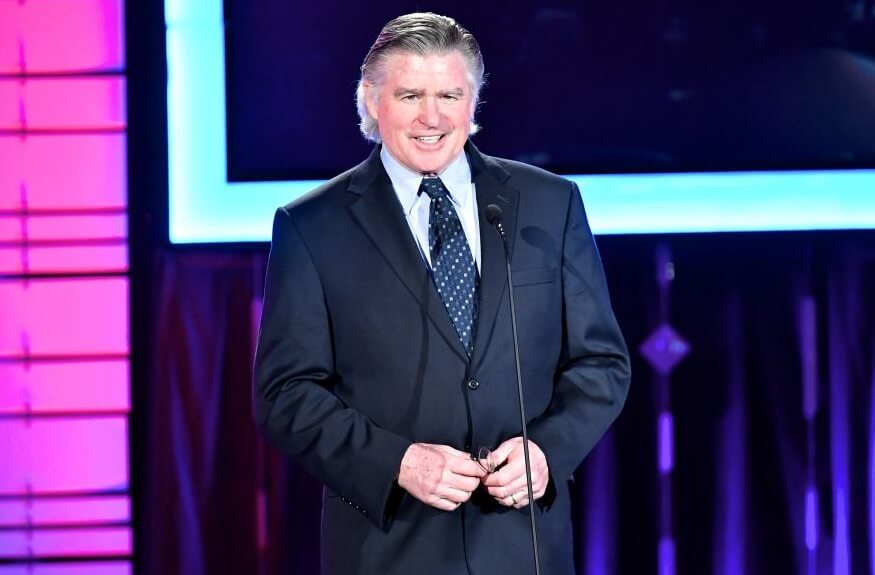The Academy of Motion Picture Arts and Sciences’ is well-known in the Big Apple for hosting one-of-a-kind screening events that delight film buffs and moviegoers all year round. This Saturday marks another special occasion with the 40th Anniversary Screening of “Hair” (also the 100th anniversary of United Artists) followed by a Q&A with two stars of the film, Treat Williams and Annie Gold. Williams sat down with Metro to give us the scoop on what to expect at the event at the Metrograph ( 7 Ludlow St.) on September 21 at 5 pm.
What does it mean for you for the Academy to host this special 40th-anniversary screening of “Hair”?
I had been with Miloš (Forman) three or four times in the last year of his life and we had such wonderful dinners reminiscing about “Hair”— I know it’s one of his favorites out of all of his films. I have such a great love and admiration for all of his work, not just “Hair,” and I sometimes think those of us who have been in films that become classics, that it’s a bit of an obligation for us to keep those films present. You’d be surprised and shocked at how many actors have not heard of James Cagney, Humphrey Bogart or Marlon Brando. The older I get that, the more I want to make sure young actors are aware of the history of film and not just from the past few years. I will always sing the praises of Miloš Forman and I hope [this screening] gets a little more buzz out there for him.
What do you think the Q & A will add to the screening experience for audiences?
I think it will add a personal touch— I’ve always had questions like ‘How did you do that?’ or ‘What was it like when you were shooting that?’ or even ‘How did they get that performance out of you?’ So I think the questions will give great insight on the making of the film and the technical side of things even. I’ve always thought the discussions were wonderful because it gives the audience a chance to engage and communicate with those who were there when we made it, and I’ve always enjoyed being in the audience and hearing an actor’s personal perspective of what it was like to make a picture, how they prepared and what happened when shooting.
What are some memories that stick out to you from filming “Hair?”
I have to tell you, I remember every day of shooting like it was yesterday. I could talk to you for five hours about every single day of shooting. It’s the kind of thing where I won’t remember where I left my glasses, but I’ll remember a particular day from “Hair.” But I think the vague general memory of it was that it was a joyous year. Where else as a young actor doing your fourth movie could you leave your basement apartment in the Upper West Side and throw on a pair of jeans and a vest— which was my wardrobe but became my clothes for the year— and walk into Central Park and make a musical?
Why do you think “Hair has continued to have such a presence over the years?
This is really the kind of piece that doesn’t age. What I mean by that is you could listen to a singer like Rudy Vallée from the 1920s and it sounds like it’s the 1920s, it sounds like it’s from 100 years ago. But when I see the film, I’m astonished at how present it seems. It’s not dated in any way, but I think there is something to say about the feel of the behavior being present. The songs are also wonderful, it’s an extraordinary score and the whole film was shot beautifully it’s truly great filmmaking— those films are the ones that really seem to last.
Overall what do you hope audiences take away from the event?
I do hope that they carry out an appreciation for Miloš Forman and if they haven’t seen his films before perhaps to go out and watch more of his work and then become more interested in films of Eastern European filmmakers or French or Italian— or that it might just spark someone’s interest in film in a way that they hadn’t realized before.






















